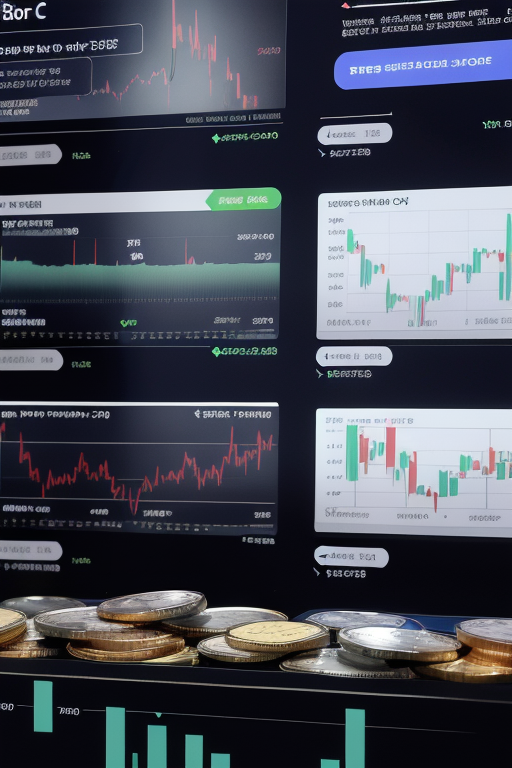
The current buzz revolves around the imminent approval of Bitcoin (BTC) and Ethereum (ETH) ETFs, with signs pointing towards a potential green light for a BTC ETF valued at $44.126,70 as early as this Wednesday. Recent discussions between the SEC and major players like BlackRock suggest that a spot bitcoin ETF might become a reality soon. However, skepticism clouds the anticipation as SEC Chairman Gary, historically averse to crypto, navigates potential conflicts between personal views and regulatory obligations.
Taking a step back to a year ago, it seems like expectations for ETF approvals were in the air, but the exact timeline remains fuzzy. The burning question now is whether the market's fervor, fueled by the prospect of ETF approvals, will lead to a classic 'sell the news' scenario. Bitcoin, particularly since hovering around the $30,000 mark, has been riding on the high hopes of ETF approvals, with every rejection triggering noticeable market downturns. The mere speculation of an Ethereum spot ETF has already boosted ETH from $1,500 to well over $2,000.
However, a critical factor to ponder is whether these spot-priced ETFs are targeting investors who have likely already found alternative avenues to invest in crypto, irrespective of SEC approval. The real game-changer could be if these spot ETFs open their doors to 401k accounts. Even a modest 1% allocation from 401k funds into a Spot BTC could inject substantial sums into the market cap, potentially setting off a considerable price surge. A 5% allocation might bring the market cap tantalizingly close to a trillion dollars, creating a ripple effect of FOMO and driving the market cap back towards the elusive $3 trillion mark.
It's plausible that some institutional funds may have already discreetly accumulated cryptocurrencies. Given the anticipation and historical market reactions to ETF-related news, institutions may have strategically positioned themselves to capitalize on potential price movements. While regulatory clarity remains crucial, it wouldn't be surprising if some funds have quietly entered the crypto space, considering the financial incentives associated with being ahead of the curve. This means that the institutions won’t need to buy when the fund is launched. If however the SEC blocks a fund the institution could sell their crypto before the market does giving it an advantage over retail investors.
Then there is the matter of whether crypto investors prefer investing in funds or buying crypto directly, it largely depends on individual preferences and investment strategies. Some crypto enthusiasts value the autonomy and control that comes with directly owning and managing their digital assets. They may prefer the hands-on approach of buying and holding cryptocurrencies, benefiting from the potential for direct price appreciation. On the other hand, investors who seek exposure to the crypto market without dealing with the intricacies of private key management and security concerns might find the idea of investing in funds more appealing. ETFs could provide a convenient gateway for traditional investors to access the crypto market, potentially attracting a broader range of participants seeking exposure to digital assets within the framework of familiar investment instruments.
In the grand scheme, the age-old adage of 'sell the news, buy the hype' might come into play. While an initial approval of a spot ETF could lead to a price spike, the subsequent sell-off remains a looming possibility. Those poised for such market dynamics might have their strategies in place. Ultimately, the post-ETF approval trajectory of BTC and ETH prices remains shrouded in uncertainty.